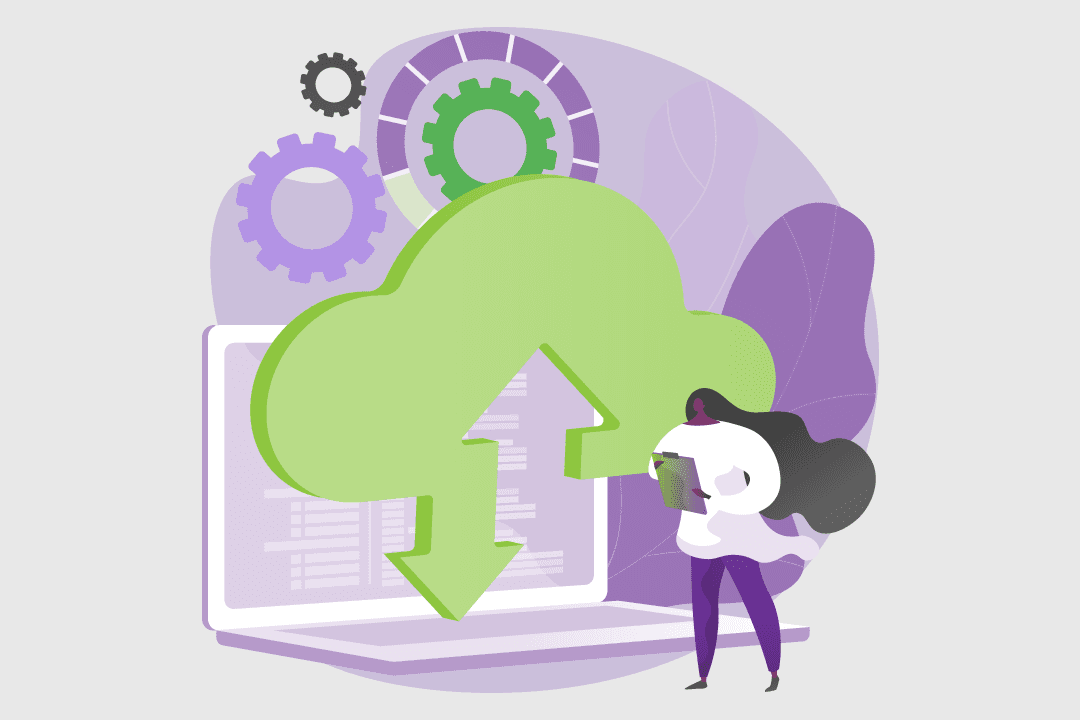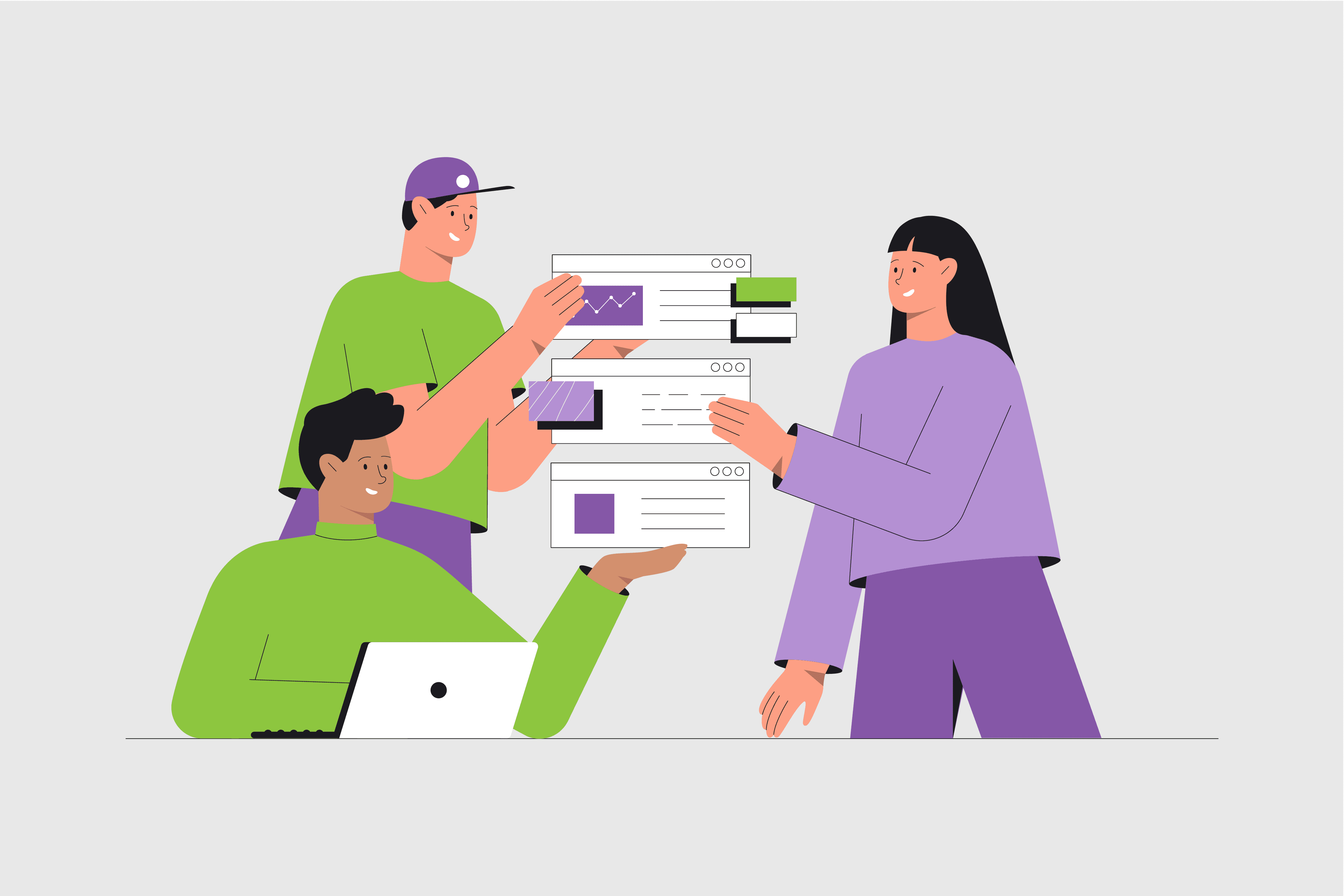Accountant job description
Where we source our data
Let's get real. Job information online can often be overly optimistic — conveniently glossing over the raw bits. But when you're making decisions about your future, you need all the facts.
That's why we anonymously surveyed accountants about their job, with hopes of getting an honest insight into what it's really like.
While we did our best to ensure respondents were Australians and verified their job titles with proof of employment, we can't guarantee complete accuracy — or that your experiences in the field will reflect theirs. So, we suggest that you take these insights as a guide only and try to talk to people in the field before making an important decision.
Tasks and responsibilities for an accountant
Generally, accountants work regular office hours but may be expected to work more during busy times, like the end of the financial year. They may work in large or small organisations, for individual clients or in the public sector.
So, what do accountants do?
Tasks vary depending on the business and their requirements, but generally, an accountant’s duties include:
- Ensuring a company is complying with laws and regulations
- Maintaining accounting systems
- Preparing financial statements and reports
- Strategising and advising on how to cut business costs
- Monitoring budgets and spending
- Analysing and auditing finance performance
- Preparing tax returns
- Managing investment projects
How to become an accountant
-
Study for a bachelor's degree
The most common pathway to becoming an accountant is completing a Bachelor of Accounting. With various optional majors, minors and elective units available in this degree, you can tailor a degree to support your career objectives.
-
Further study
If you already have a tertiary degree qualification and meet the eligibility requirements, you could complete a postgraduate Master of Professional Accounting.
-
Study short courses
If you are not quite ready to study for a bachelor’s degree, you could consider completing a VET accounting course as an accountant pathway. These shorter courses can provide you with the skills and knowledge you need to get your foot in the door and work in a support-level position at an accounting company. You can then qualify for your degree at a later date.
-
Apply for registration as a certified practising accountant
Accountants must register at a governing professional accounting body such as Chartered Accountants Australia and New Zealand, the Institute of Public Accountants (IPA) or CPA Australia (CPA).
Pathway options
Careers within the financial industry can take many forms. Starting an entry-level role as an accountant can lead you to senior accountant roles. It might also spark your interest in specific financial areas that, on their own, can be full-time careers.
Some pathway options could be:
Junior
-
Accounts assistant
Most common qualification: Diploma of Accounting (FNS50217)
-
Payroll clerk
Most common qualification: Certificate IV in Business (BSB40120)
Mid
-
Accounts administrator
Most common qualification: Certificate III in Accounts Administration (FNS30317)
-
Bookkeeper
Most common qualification: Certificate IV in Accounting and Bookkeeping (FNS40217)
-
Payroll officer
Most common qualification: Certificate IV in Business (BSB40120)
Senior
-
Accountant
Most common qualification: Bachelor of Accounting
-
Accounting manager
Most common qualification: Advanced Diploma of Accounting (FNS60217)
-
Auditor
Most common qualification: Bachelor of Accounting
-
Chief financial officer (CFO)
Most common qualification: Master of Business Administration (MBA)
-
Tax accountant
Most common qualification: Bachelor of Accounting
Explore related qualifications
To work as an accountant, you must have the correct accounting qualifications. Studying accountancy allows you to gain the skills and confidence to start your new career in the best position.
So, what qualifications do you need to be an accountant?
Bachelor of Accounting
A Bachelor of Accounting is the most popular accountants qualification and provides learners with the opportunity to develop accounting, finance, economics, management, taxation, and data analysis skills. It teaches a comprehensive understanding of all aspects of accounting and finance.
An accounting degree takes three years, full-time or part-time equivalent, to complete. This course can be studied entirely online, in-class or a combination of the two.
Bachelor of Business
A Bachelor of Business with an Accounting major provides fundamental skills and knowledge in business finances and accounting, including business systems, accounting systems, company accounting and economics.
The duration of this course is three years full-time or equivalent part-time. This course can be delivered in in-class and digital learning methods.
Certificate IV in Accounting
This course offers a comprehensive overview of accounting and bookkeeping and is a great pathway to accounting if you decide to study further later.
The average duration for this course is one year, can be studied full or part-time and is available for online and in-class learning.
This course is eligible for JobTrainer funding which may cover all or part of the course fees for learners that meet the requirements.
*Those who wish to provide paid BAS services must be registered by the Tax Practitioners Board. This qualification meets the TPB education requirements for registration. Registration also requires mandatory work experience under a licenced BAS agent. If you want to become a registered BAS agent, check current registration requirements with the TPB as they are reviewed regularly.
3 providers offer this course
Diploma of Accounting
This qualification provided learners with skills in financial services such as accounts receivable, accounts payable, tax services and many other services offered by accountants. This course can be used as a career pathway into accounting if further qualifications are completed.
The average duration of this accountant training course is one year and can be completed full-time or part-time in either a classroom setting or online in a self-paced method.
This course is eligible for JobTrainer funding which may cover all or part of the course fees for learners that meet the requirements.
*This qualification is an approved Tax Practitioner Board course which can lead to registration as a tax agent. Learners who wish to register with the TPB also need to complete a work experience requirement and should check current registration rules as registration requirements are reviewed regularly.
1 providers offer this course
Reviews
How we collect reviews
Reviews are from Australian workers with this job title or a very closely related one.
Is this your job title?
Share your thoughts and help people decide if this job is right for them.
- All
- Positive
- Negative
A love of numbers and problem solving are key.
What are the best parts of the job?
Working in a team. Using my love of numbers and problem solving to get to the end result. Seeing a project through from start to end. The satisfaction of my reports being used in the decision making of the business.
What's the most challenging part?
Fast paced. Deadlines. When reports are required they are required yesterday. You need to be well organised and keep up to date with reports so that when someone requires them are always ready.
A challenging, yet gratifying career.
What are the best parts of the job?
Assisting clients with queries regarding their superannuation fund, as well as solving issues or problems they have. Also assisting them increase their net wealth.
What's the most challenging part?
Being proactive and trying to help clients help themselves. Being ignored by clients when you are just trying to do your job. Dealing with technology change and constant change in superannuation regulations.
Deadline management is a must.
What are the best parts of the job?
Interaction with customers and mastering processes.
What's the most challenging part?
Having to deal with tight deadlines.



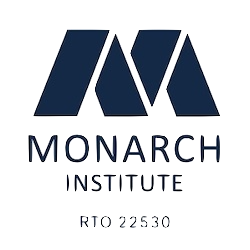

















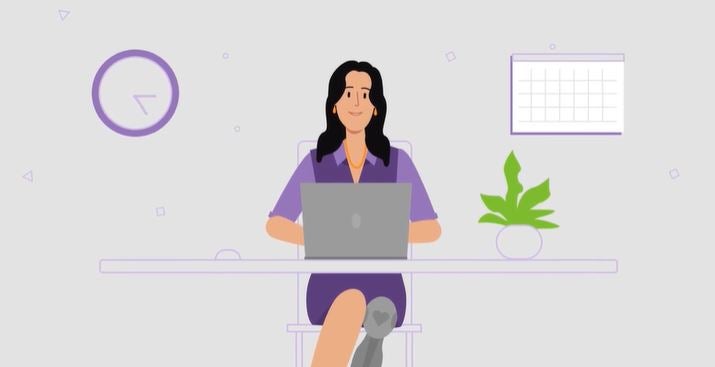


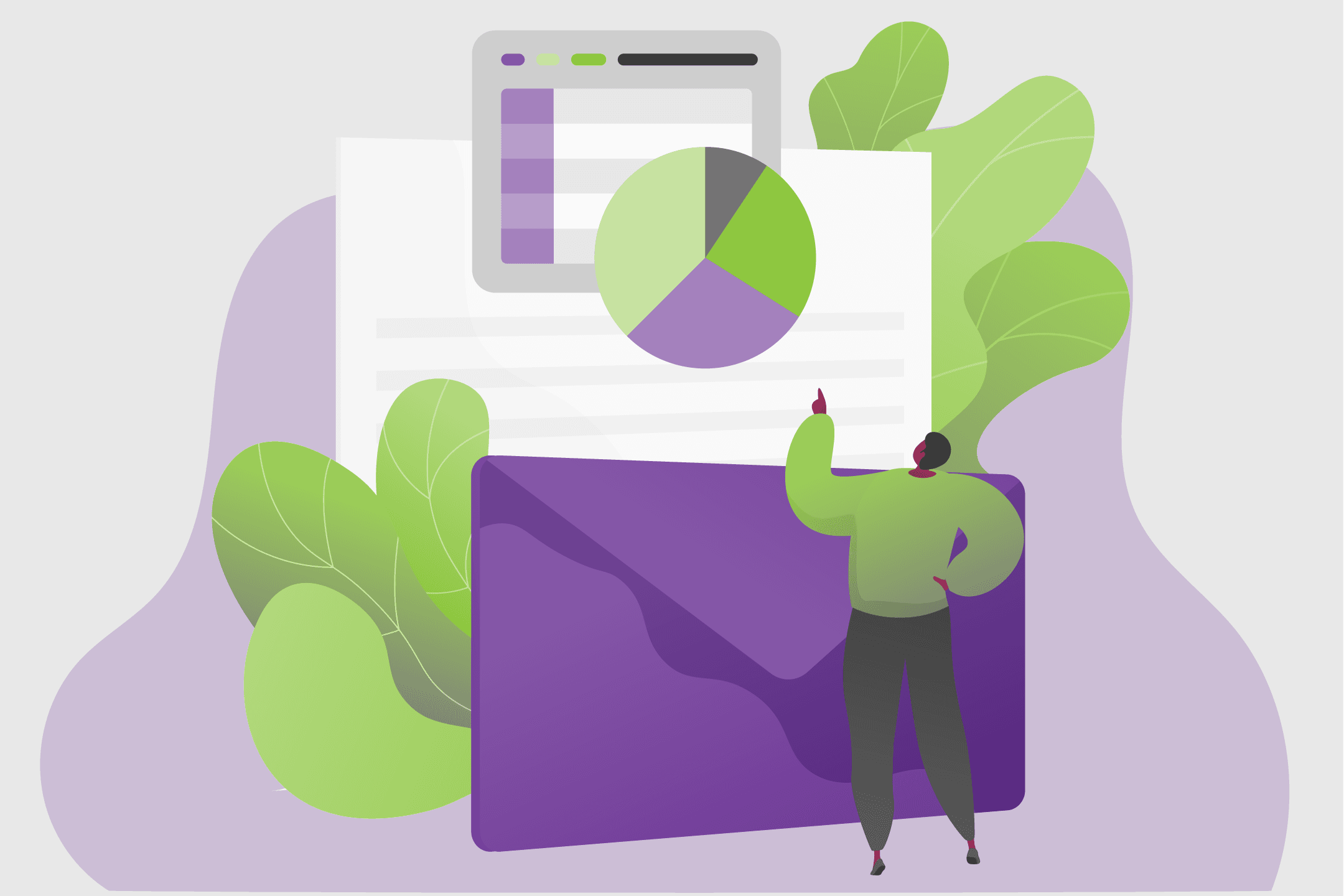





![6 Steps to Build a Business with Positive Social Impact [+ Examples]](https://www.training.com.au/wp-content/uploads/TR_SocialImpactBusiness_Feature.jpg)
